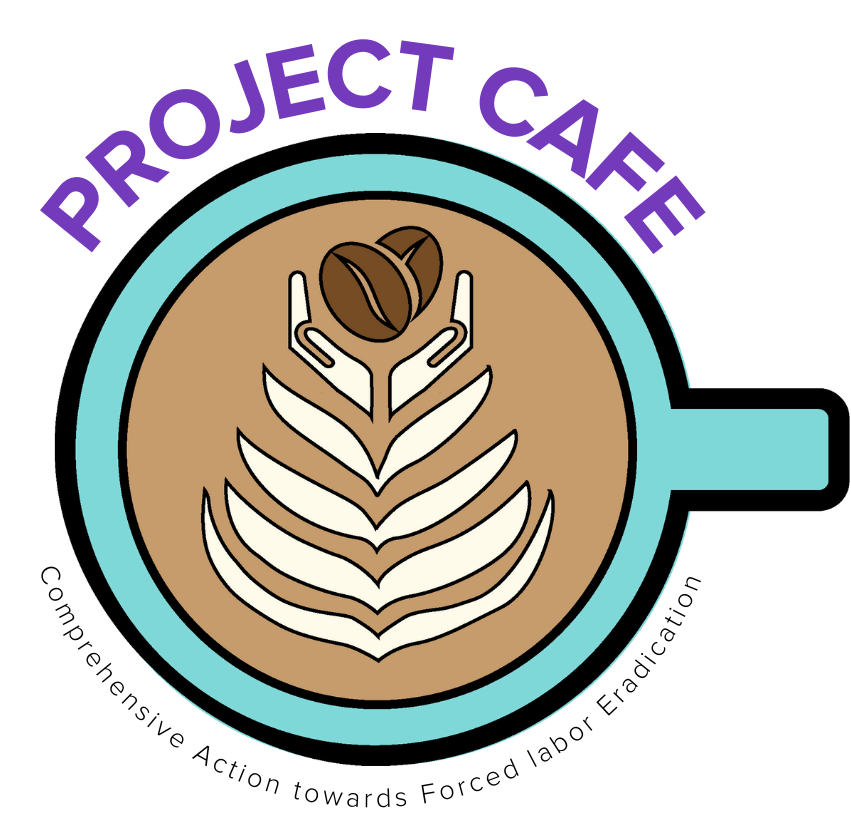Partners
CAFE is delivered by talented and deeply connected organizations in Brazil.
September 7, 2021
Supply Chain Management
Instituto Trabalho Decente
Instituto Trabalho Decente (ITD) joins “Comprehensive Action towards Forced Labor Eradication (CAFE),” the Fund’s multifaceted effort to eliminate forced labor in the Brazilian coffee industry, to strongly ground the program in the…
Read this post
September 1, 2021
Supply Chain Management
Stanford Human Trafficking Data Lab
The Stanford Human Trafficking Data Lab joins “Comprehensive Action towards Forced Labor Eradication (CAFE),” the Fund’s multifaceted effort to eliminate forced labor in the Brazilian coffee industry, to increase the number of…
Read this post
January 1, 2020
Apparel, Ethical Recruitment, Supply Chain Management
ELEVATE
GFEMS is partnering with ELEVATE on multiple projects in multiple geographies in multiple sectors to end forced labor and exploitation. In consortium with Diginex Solutions and Winrock International, this project developed and…
Read this post
